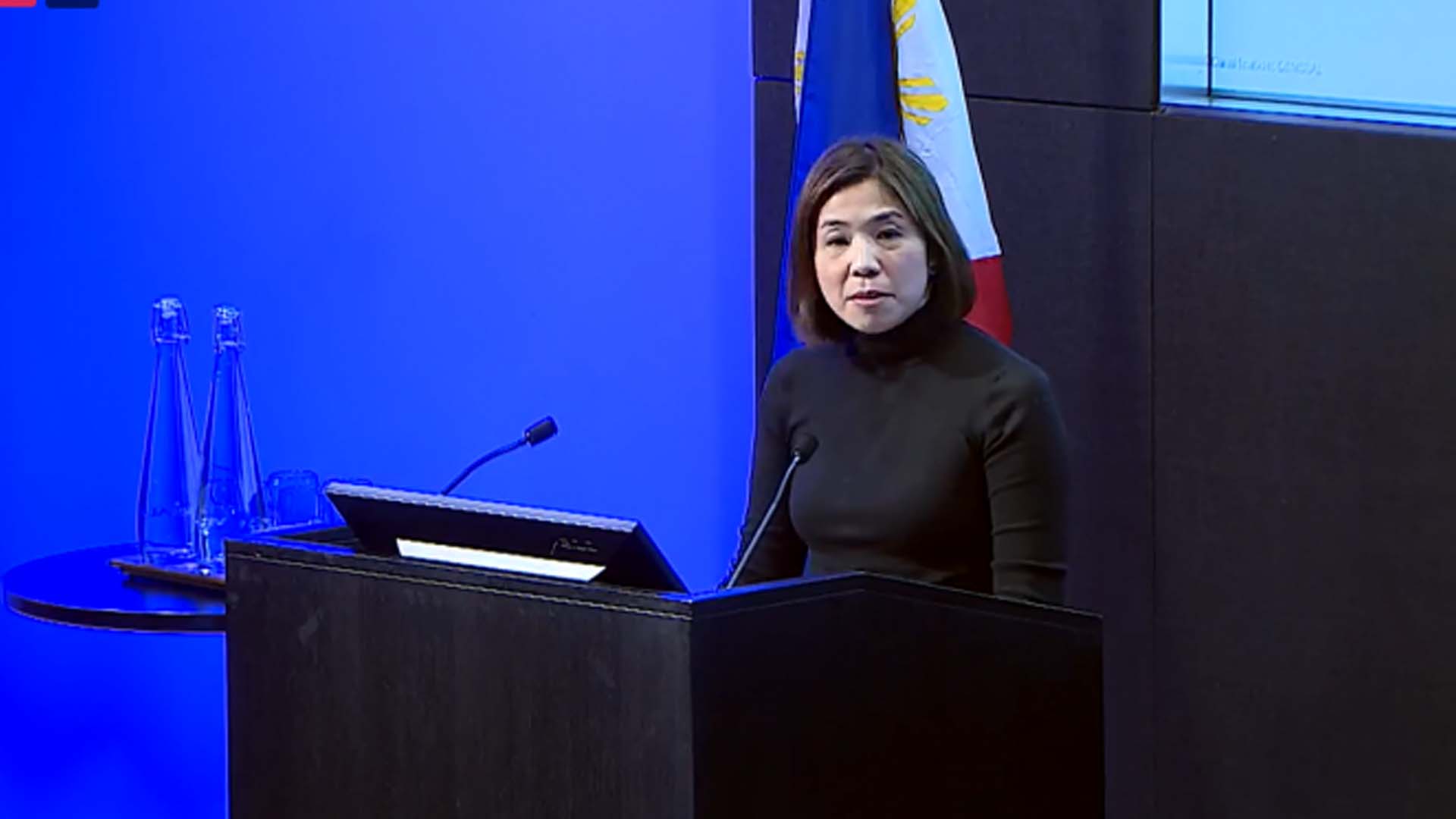The Department of Budget and Management (DBM) has expressed support for the Bangsamoro government’s bid to digitalize services across the Bangsamoro Autonomous Region in Muslim Mindanao (BARMM).
Budget Secretary Amenah Pangandaman made the commitment during the Feb. 17 consultation on the region’s digital transformation bid with key representatives from BARMM and officials from the Department of Information and Communications Technology (DICT) and the Cybercrime Investigation and Coordinating Center (CICC), the DBM said in a news release on Tuesday.
“Rest assured that we, at the national government and the whole ICT sector, are in full support of your goal to achieve a sound, systematic, transparent, and accountable form of governance,” Pangandaman, who belongs to the Muslim community, said, as quoted by the DBM.
Pangandaman noted that the DBM has a Digital Transformation Roadmap which aims to create one primary tool and a single source of truth for all fiscal-related transactions.
The roadmap, she added, also seeks to promote fiscal transparency, management, and accountability in government; prevent red-tape and other corruption-related activities through paperless transactions; and reduce government expenses intended for manual transactions.
Pangandaman acknowledged that BARMM has also been carrying out several digitalization initiatives to improve the ease of doing business and help activate savings priority programs in the region.
Such digitalization measures of the Bangsamoro government include adaptation of the Digitized Official Receipt System, as well as discussions on payment transactions, email transmissions, account management, and verification system, the DBM said.
“We want to make sure that BARMM will not be left behind in all these endeavors,” Pangandaman said, as she stressed that digitalizing public services would play a key role in achieving “inclusive” growth for every Filipino.
Pangandaman said digital transformation would strengthen intergovernmental connections, enhance transparency in governance and ensure bureaucratic efficiency.
“I would like to call on everyone — from the national and the Bangsamoro government — to collaborate, consult with one another, and support each other so that our vision of digital transformation will become a reality that will help realize our Agenda for Prosperity — for Mindanao and the entire country,” she said.
Pangandaman has repeatedly vowed to provide support to BARMM to help the region thrive and make Mindanao “shines as the land of promise.”
In November last year, Pangandaman approved the release of BARMM’s share in taxes collected within the region amounting to over PHP225 million.
Under Section 10 of Republic Act 11054 or the Organic Law for the BARMM indicates the sharing of taxes collected by the national government in BARMM.
Under the law, a 25 percent distribution share of taxes will go to the national government while the Bangsamoro government will get a 75 percent distribution of the share of taxes inclusive of the shares of the constituent local government units.
For the first 10 years from the effectivity of RA 11054, the 25-percent share of the national government will accrue to the Bangsamoro government. (PNA)







